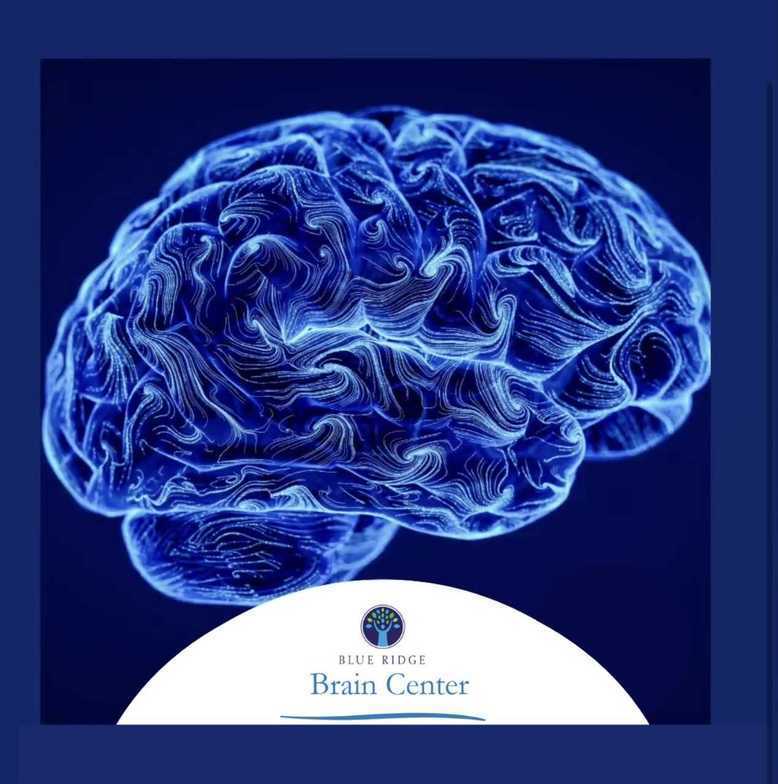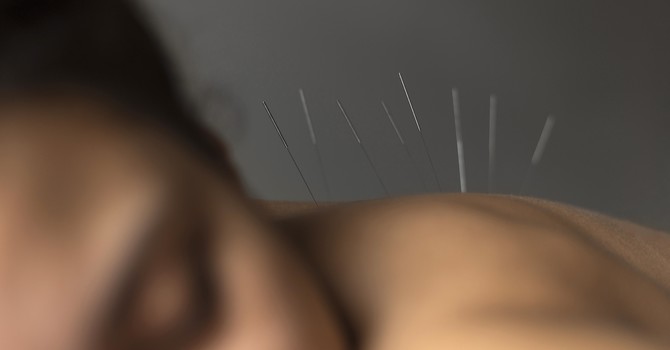Healing from PTSD with Neurofeedback – Take the First Step with a Free Consultation and Brain Map at Blue Ridge Brain Center
Post-Traumatic Stress Disorder (PTSD) affects millions of people each year, impacting not just mental health but also daily life, relationships, and overall well-being. Traditional treatments like therapy and medication offer valuable help, yet many find that their symptoms persist or fluctuate despite these efforts. This is where neurofeedback—a non-invasive, science-backed therapy—can make a difference. At Blue Ridge Brain Center, we use neurofeedback to help individuals with PTSD understand and regulate their brain patterns, paving the way toward lasting relief.
Understanding PTSD and the Brain
PTSD is a condition that develops after a person experiences or witnesses a traumatic event. People with PTSD may struggle with flashbacks, heightened anxiety, mood swings, and sleep disturbances, among other symptoms. These symptoms often stem from changes in the brain’s response to stress and memory processing. In essence, PTSD can lock the brain in a heightened “fight-or-flight” mode, even long after the traumatic event has passed.
Research shows that PTSD is linked to abnormal brainwave activity, particularly in areas responsible for emotional regulation and memory processing. This is where neurofeedback comes in, offering a way to address these imbalances at the root level.
How Neurofeedback Can Help
Neurofeedback is a type of brain training that uses real-time monitoring of brain activity to help people learn to regulate their brainwaves. Here’s how it works:
-
Brain Mapping with QEEG: We begin with a Quantitative Electroencephalogram (QEEG) brain map, a non-invasive process that measures electrical activity in your brain. This map reveals areas of overactivity or underactivity that may be linked to PTSD symptoms, providing a visual "map" of your brain’s functioning.
-
Targeted Neurofeedback Sessions: Once we’ve identified the areas of imbalance, neurofeedback sessions can begin. During these sessions, you’ll be connected to a computer system that provides real-time feedback on your brainwave activity. Through visual or auditory cues, you’ll learn to adjust your brainwaves, gradually guiding your brain back to a more balanced state.
-
Long-Term Benefits: With consistent neurofeedback training, many patients report reductions in anxiety, fewer intrusive thoughts, better sleep, and an increased sense of calm. Over time, this training can help rewire the brain, creating new, healthier patterns of functioning that reduce PTSD symptoms and improve overall resilience.
Why Neurofeedback Is Effective for PTSD
Unlike talk therapy, which helps you process memories and emotions, neurofeedback works directly with the brain’s electrical activity. It’s a powerful tool for addressing the “stuck” brainwave patterns associated with trauma. By rebalancing these patterns, neurofeedback enables the brain to process past experiences more effectively and respond to present experiences with greater calmness and clarity.
What to Expect at Your Free Consultation and Brain Mapping Session
At Blue Ridge Brain Center, we offer a free consultation and brain map to get you started on your journey toward healing. Here’s what you can expect:
- Initial Consultation: We’ll discuss your experiences, symptoms, and goals to ensure neurofeedback is the right fit for you.
- QEEG Brain Mapping: Our non-invasive brain mapping session will analyze your brainwave activity, providing a clear picture of the areas we can target to help you achieve relief.
- Personalized Plan: Based on your brain map, we’ll outline a customized neurofeedback plan tailored specifically to your needs.
Taking the first step can feel overwhelming, but our team is here to support you through every stage of the journey. By addressing PTSD at the brain level, you can start to see real, lasting improvements.
Ready to Start Your Healing Journey? Schedule a Free Consultation
If you or a loved one is struggling with PTSD, neurofeedback may be the missing piece. Blue Ridge Brain Center offers a safe, supportive environment to explore this cutting-edge treatment. Call us today at 828-237-6566 to schedule your free consultation and brain map. Take that first step toward healing, and see how neurofeedback can transform your journey with PTSD.
References:






